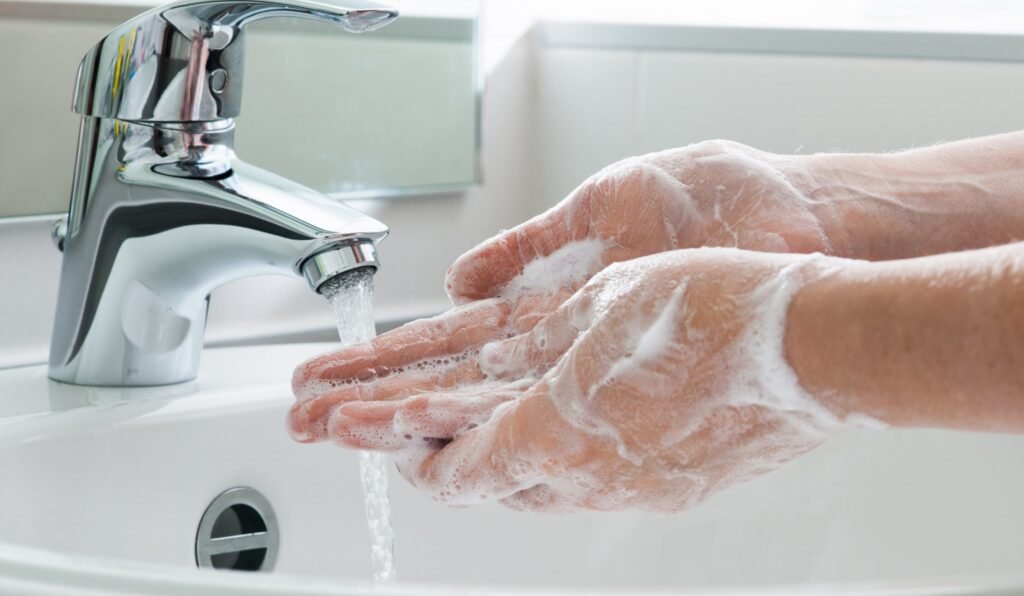Global Handwashing Day

This October 15, the world is called on to unite for universal hand hygiene. Global Handwashing Day is a promotion campaign to mobilize people around the world to improve their handwashing habits. It is a day dedicated to raise awareness on the importance of washing your hands with soap as an effective and affordable way to prevent diseases and save lives.
Proper handwashing is every person’s first line of defense against the spread of diseases. With the coronavirus (Covid-19) outbreak, handwashing matters more than ever.
So how does handwashing prevent diseases and spread of infection? It’s simple. Handwashing with soap, if done properly, removes germs from hands. This helps prevention because:
- People frequently touch their eyes, nose, and mouth without even realizing it. Germs can get into the body through the eyes, nose and mouth and make us sick.
- Germs from unwashed hands can get into foods and drinks while people prepare or consume them. Germs can multiply in some types of foods or drinks, under certain conditions, and make people sick.
- Germs from unwashed hands can be transferred to other objects, like handrails, tabletops, or toys, and then transferred to another person’s hands.
- Removing germs through handwashing therefore helps prevent diarrhea and respiratory infections and may even help prevent skin and eye infections.

Proper handwashing can be done by following these simple steps:
- Wet your handswith clean, running water (warm or cold).
- Use soap. Lather up for about 20 seconds.
- Make sure you wash between your fingers, on the backs of your hands, under your nails, and your wrists.
- Rinse well under clean, running water
- Drywith a clean towel.
Making handwashing a habit is important most especially in these circumstances:
- before eating and cooking
- after using the bathroom
- after cleaning around the house
- after touching pets and other animals
- before and after visiting or taking care of sick people
- after blowing your nose, coughing, or sneezing
- after being outside
- after handling mail or package
According to the Centers for Disease Control and Prevention (CDC), teaching people about handwashing helps them and their communities stay healthy. Handwashing education in the community reduces the number of people who get sick with diarrhea by 23-40%, reduces diarrheal illness in people with weakened immune systems by 58%, reduces respiratory illnesses, like colds, in the general population by 16-21%, reduces absenteeism due to gastrointestinal illness in schoolchildren by 29-57%.
